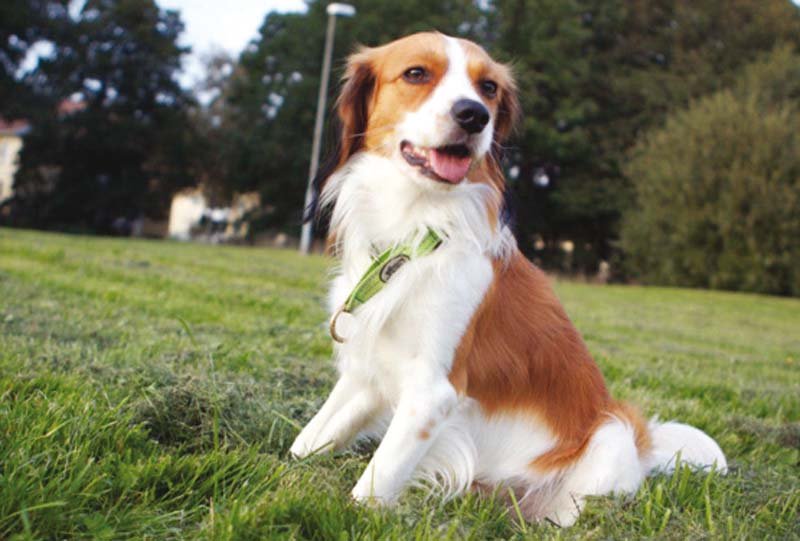
The findings showed that the scent of chemical isoprene found in human breath could act as a warning for patients with Type-1 diabetes experiencing a rapid decline in the blood sugar levels. “Isoprene is one of the commonest natural chemicals that we find in human breath,” said Mark Evans from University of Cambridge.
Blind Sweepee Rambo crowned World's Ugliest Dog
If the patient does not receive a sugar boost in time, it can cause seizures and lead to unconsciousness. Dogs were found to sniff out the start of a hypoglycaemic episode and as a result, prevent blood sugar levels from dropping dangerously low. “Humans aren’t sensitive to the presence of isoprene, but dogs with their incredible sense of smell, find it easy to identify and can be trained to alert their owners about dangerously low blood sugar levels,” Evans explained. In a study conducted, a team analysed eight women with Type-1 diabetes and within an average age of 40. The participants’ blood glucose levels were slowly lowered during controlled conditions. Researchers used mass spectrometry to distinguish the presence of chemicals in the women’s breath that may change as the blood sugar levels change. Isoprene levels were found to significantly rise during hypoglycaemia. “We suspect it’s a by-product of the production of cholesterol, but it isn’t clear why levels of the chemical rise when patients get very low blood sugar,” Evans added.
Isoprene provides a scent that could help us develop new tests for detecting hypoglycaemia and reducing the risk of potentially life-threatening complications for patients living with diabetes, the researchers said in the study published in the journal Diabetes Care.
Published in The Express Tribune, July 1st, 2016.
Like Life & Style on Facebook, follow @ETLifeandStyle on Twitter for the latest in fashion, gossip and entertainment.


































COMMENTS
Comments are moderated and generally will be posted if they are on-topic and not abusive.
For more information, please see our Comments FAQ